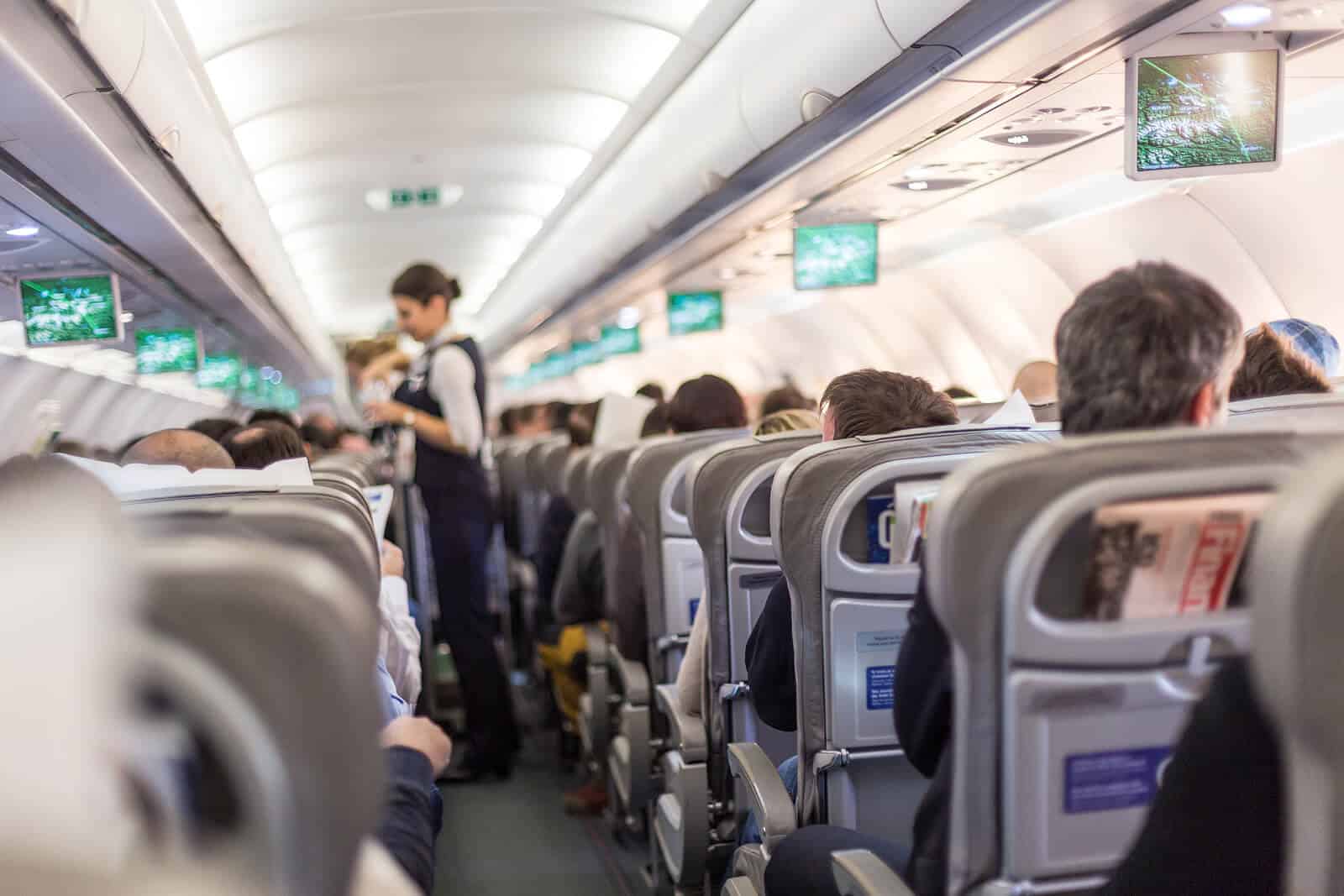
- Signs Your Earwax Buildup Needs Professional Attention - May 29, 2025
- Preparing for a Hearing Test and What You Should Bring - May 16, 2025
- A Step-by-Step Look at How Hearing Aids Make Sounds Sharper - May 5, 2025
Traveling by airplane can be an exciting adventure, but for individuals with tinnitus, the experience can sometimes exacerbate symptoms and trigger discomfort. Tinnitus, commonly described as ringing or buzzing in the ears, can be exacerbated by changes in air pressure, noise levels, and other factors associated with air travel. If you experience tinnitus flare-ups while flying, it’s essential to know how to manage your symptoms effectively. Here’s what to do if airplanes trigger tinnitus.
Understanding Tinnitus and Air Travel
Before delving into strategies for managing tinnitus during air travel, it’s essential to understand why flying can exacerbate symptoms for some individuals. Changes in air pressure during takeoff and landing can affect the pressure in the middle ear, potentially causing discomfort or exacerbating existing tinnitus. Additionally, the noise levels inside an airplane cabin can vary, with engine noise, cabin announcements, and other sounds potentially aggravating tinnitus symptoms for some individuals.
If you experience tinnitus flare-ups during air travel, the first step is to consult with your hearing health professional. Theyl can assess your tinnitus symptoms, discuss any underlying causes or contributing factors, and recommend personalized strategies for managing your symptoms during air travel. They may also conduct a hearing health exam to evaluate your overall hearing health and identify any additional concerns that may be contributing to your tinnitus.
Using Noise-Canceling Headphones
One effective strategy for managing tinnitus during air travel is to use noise-canceling headphones or earplugs to reduce exposure to loud or disruptive sounds. Noise-canceling headphones can help block out ambient noise in the airplane cabin, creating a more peaceful and comfortable environment for individuals with tinnitus. Be sure to test different types of headphones or earplugs before your flight to find the most comfortable and effective option for you.
Practicing Relaxation Techniques
Stress and anxiety can exacerbate tinnitus symptoms, so it’s essential to practice relaxation techniques to help manage your stress levels during air travel. Deep breathing exercises, meditation, and progressive muscle relaxation can all help promote a sense of calm and reduce tension in the body, making it easier to cope with tinnitus flare-ups. Consider incorporating these techniques into your pre-flight routine to help prepare yourself mentally and emotionally for the journey ahead.
Using Pressure-Equalizing Techniques
To minimize the impact of changes in air pressure on your tinnitus symptoms, consider using pressure-equalizing techniques during takeoff and landing. Chewing gum, swallowing, or yawning can help equalize the pressure in your middle ear and reduce discomfort associated with changes in altitude. Additionally, special earplugs designed to regulate air pressure can be worn during flights to help prevent sudden changes in pressure that may exacerbate tinnitus symptoms.
Staying Hydrated and Well-Rested
Maintaining good overall health and well-being is essential for managing tinnitus symptoms, especially during air travel. Be sure to stay hydrated by drinking plenty of water before and during your flight, as dehydration can worsen tinnitus symptoms. Additionally, try to get plenty of rest before your journey to minimize fatigue and stress, both of which can contribute to tinnitus flare-ups. Taking care of your physical and emotional health can help reduce the severity and frequency of tinnitus episodes during air travel.
In conclusion, managing tinnitus during air travel requires a combination of preparation, relaxation techniques, and personalized strategies tailored to your individual needs. By consulting with your hearing health professional, using noise-canceling headphones, practicing relaxation techniques, using pressure-equalizing techniques, and staying hydrated and well-rested, you can effectively manage tinnitus flare-ups and enjoy a more comfortable and enjoyable travel experience.
